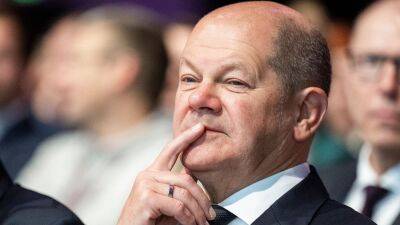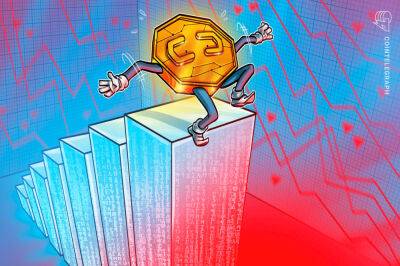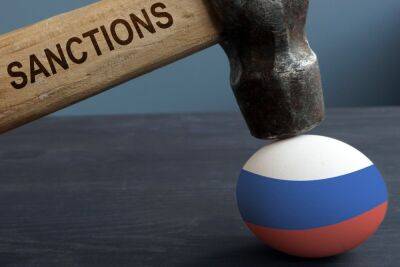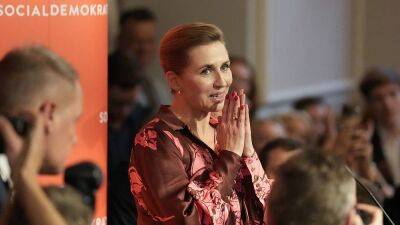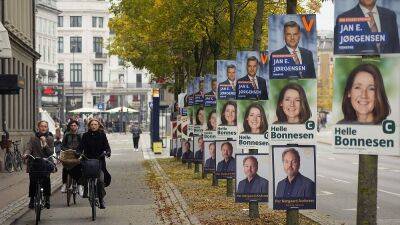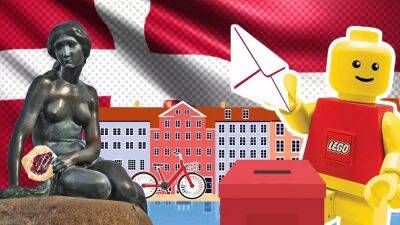Denmark election: From kingmakers to comeback kids, five things we learned from the vote
Perhaps nobody was more surprised by the Danish election results than incumbent Prime Minister Mette Frederiksen, who wiped away tears as she spoke to supporters at her party headquarters in Copenhagen late on Tuesday night.
During the campaign, there was no certainty she'd be in this position and had talked about wanting to form a broad government of national unity to tackle the issues facing the country - the same issues facing the rest of Europe like the climate crisis, rising energy prices, the war in Ukraine and the cost of living crisis.
In the end, it was the Social Democrats' best election result in the last two decades, with 50 seats secured, and enough support from other left-wing parties to form a government -- so it remains to be seen whether now, in a position of victory, she will still reach out and form that broad government she talked about on the campaign trail.
For a party that was only formed in the summer, the Moderates performed exceptionally well to win 16 seats and become the third largest party in parliament.
Led by former PM Lars Løkke Rasmussen, the Moderates had hoped to find themselves in the role of kingmaker after the votes were counted (and Rasmussen no doubt had visions of becoming prime minister again) but it wasn't to be, since the left-wing bloc got enough seats combined to win a majority.
The Danish far-right has had its ups and downs over the last two decades.
From 2001 until 2011, and again from 2016 to 2019, the Danish People's Party (DPP) supported the governments of the day (including Lars Løkke Rasmussen's government, see above) and as a result had a seat at the table when it came to making policy decisions in line with what their voters wanted: getting tough on migrants.
At the
Read more on euronews.com

 euronews.com
euronews.com

